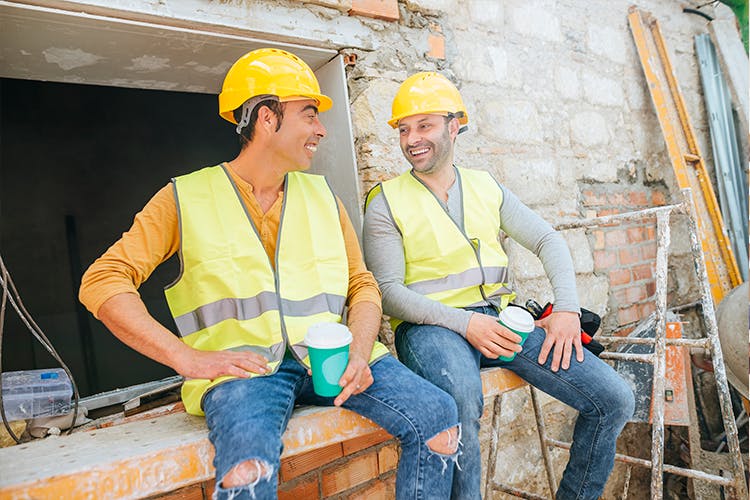1. What is your experience?
Like any business or trade, not all concretors will have the same level of experience. You want to know that they have experience doing your type of job. Something like a concrete swimming pool is obviously a specialised project, but even a concrete driveway needs to be laid right to be able to take the weight of vehicle traffic. Generally speaking the more experience your concretor has the better job they will do, especially with more technical jobs.
2. How much will my concrete job cost?
Concrete is priced by the square metre (sq/m) or per cubic metre (m3), and while your concretor is likely to include this in his labour costing for your job, it is good to know some baseline costs so you can assess their quote with some background knowledge. You can expect to pay anywhere from $60 to $85 per square metre for normal class concrete and $65 to $90 per square metre for reinforced concrete. If you are being quoted in per m3, the average cost of concrete is anywhere from $200 – $300 per m3 (cubic metre), though you could pay as much as $350 for 40 MPa strength.

3. Are you licensed?
Concretors need to be licensed to advertise their services and legally work. Your concretor needs to be licensed in the state they are registered to operate. For example in NSW, you must have a licence before you do any residential building work that is valued at more than $5000 (incl GST) in labour and materials. This includes general concreting, which includes concrete laying or placement, formwork, reinforcement – and concreting work to put up a dwelling, or to put up a garage, outbuilding, swimming pool or similar structure. Having a licence means whoever you hire has the necessary training and qualifications to carry out this type of work. Not only must they hold a licence, it needs to be valid and current – as licences normally have an expiry date.
4. Can you provide a written quote?
If a tradie is providing you with a quote make sure it is detailed in writing. Why? You want to avoid getting stung by any nasty surprises after your job is done. This is especially critical for larger concreting jobs. The quote needs to be detailed and list exactly what is included in the job – like labour and materials. Take the time to read it through and work out if they have left anything out. A business will normally indicate how long a quote is valid for – so look out for this deadline as well.

5. Do you carry insurance?
It’s not just licensing to need to check when hiring a concretor, insurance is also key when anyone is working on your home or premises. The most important one to look for is public liability insurance which protects the tradie in the event they cause property damage or injury while working. Without public liability insurance, they may not be able to pay for the damage, replacement or repair. Where does that leave you? You could be left liable to footing all the costs or having to pay legal fees to recover the money.
6. Do you have references?
Checking up on the reputation of a business is a must – you simply don’t know who you could be dealing with. There are a number of ways of doing this, like asking them to provide you with evidence of some recent jobs they have worked on. You can also look at reviews for the business on their hipages profile or other online review sites. At the end of the day being informed will protect you, and the best way of doing this is by asking plenty of questions, getting recommendations from people you trust – and using a reputable site such as hipages to source your tradie.
Armed with this knowledge you should be in a better position to interact with and hire a reputable local concretor – and ensure your job gets done right!






